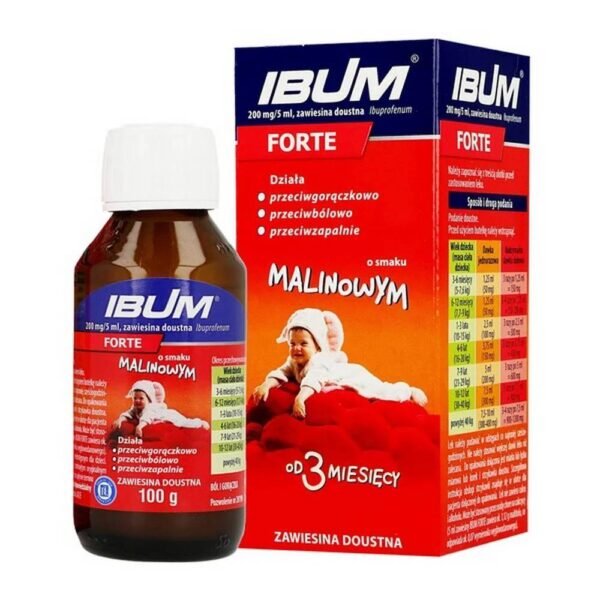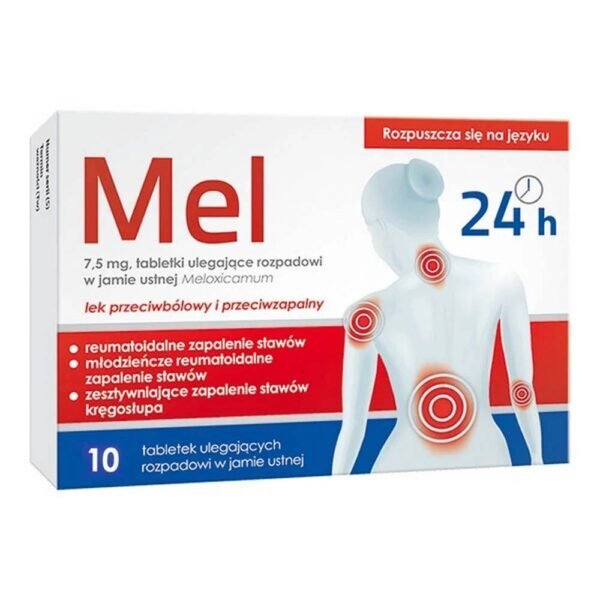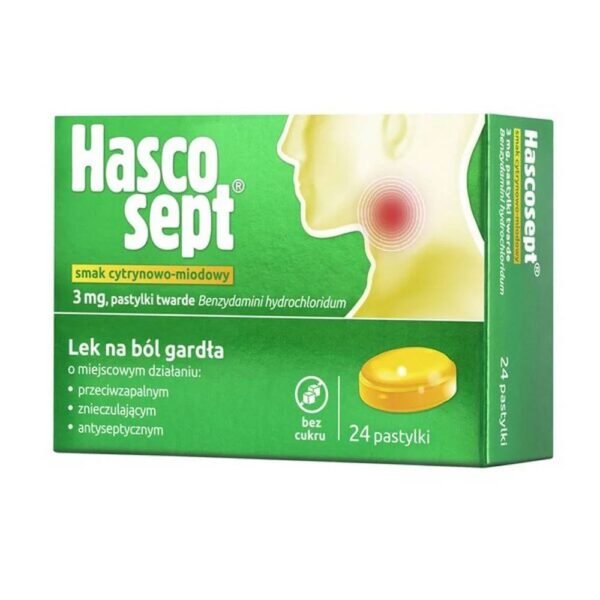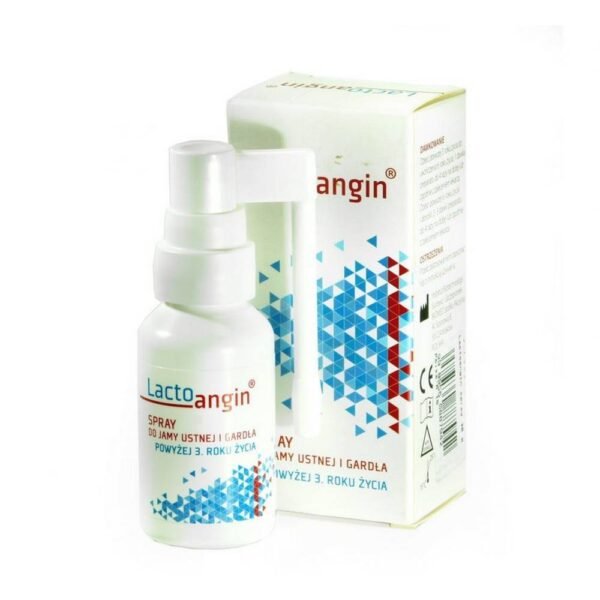“Composition
Active ingredients
One soft capsule contains 400 mg ibuprofen. Excipients with known effect: sorbitol 95.94 mg/capsule. For the full list of excipients, see section 6.1. of the package leaflet
Excipients
Capsule contents: Macrogol 600 Potassium hydroxide Purified water Capsule shell: Gelatin Liquid sorbitol Purified water Printing ink Composition of Opacode WB black NS-78-17821: Black iron oxide (E172) Propylene glycol (E1520) Hypromellose 6cP
Directions
Buscofenact is indicated for the short-term symptomatic treatment of:
mild to moderate pain such as headache, toothache and menstrual pain;
fever and pain associated with the common cold. BuscofenAct is indicated for adults and adolescents weighing more than 40 kg (aged 12 years and over).
Method of administration and dosage
Adults and adolescents weighing > 40 kg (aged 12 years and over): Initial dose 400 mg ibuprofen. If necessary, an additional dose of 400 mg ibuprofen can be taken. The interval between taking one dose and the next should be established on the basis of the observed symptoms and the maximum recommended daily dose and should not be less than 6 hours. Do not take more than 1200 mg ibuprofen in 24 hours. For short-term treatment only. Undesirable effects can be minimized by using the lowest effective dose for the shortest period of time necessary to control symptoms (see section 4.4). If adults need to take BuscofenAct soft capsules for more than 3 days for fever or more than 4 days for pain or if symptoms worsen, the patient is advised to consult a doctor. People with stomach disorders are advised to take it on a full stomach. Taking BuscofenAct shortly after a meal may delay the onset of its effect.
Directions for use: For oral administration. Do not chew the soft capsules.
Warnings
Read the instructions carefully before starting treatment.
Contraindications and side effects
BuscofenAct soft capsules are contraindicated in case of: – hypersensitivity to ibuprofen or to any of the excipients listed in section 6.1; – history of hypersensitivity reactions (e.g. bronchospasm, asthma, rhinitis, angioedema or urticaria) associated with the use of acetylsalicylic acid or other non-steroidal anti-inflammatory drugs (NSAIDs); – hematological disorders of unknown origin; – history of recurrent or active peptic ulcer/bleeding (two or more separate episodes of confirmed ulcer or bleeding); – history of gastrointestinal bleeding or perforation related to previous NSAID therapy; – history of cerebral haemorrhage or other bleeding episodes; – severe heart failure (NYHA class IV) (see also section 4.4); – severe liver failure or severe renal failure (see also section 4.4); – patients in the third trimester of pregnancy (see section 4.6); – adolescents weighing less than 40 kg and children under 12 years; – patients with severe dehydration (due to vomiting, diarrhoea or insufficient fluid intake).”












Reviews
There are no reviews yet.